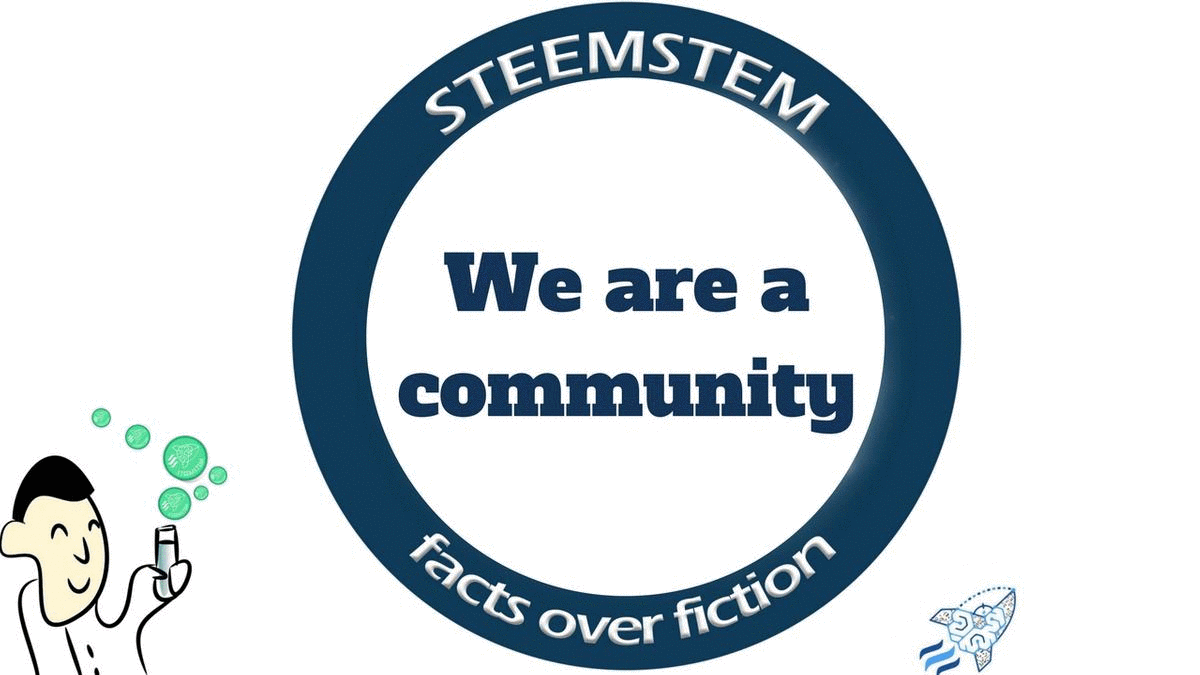
Inventing injectable bandage has been a concerned in the field of science for we all know how we lost our dear friends, relatives in the incident spot as a result of excess bleeding before transporting them to hospital. Injectable bandage has come to save millions of life we lost .Akhilesh Gahawar and his colleagues at Taxas A&A University in the field of biomedical engineering have developed a hydrogel made from nanoflakes of synthetic clay and sugar chains ,extracted from seaweed.

The gel could act as an injectable bandage to stop internal bleeding on a battlefield , in a surgical suit and at accident sites.

Mechanism of action
This injectable bandage is a hydrogel which acts like toothpaste and flow like a liquid when squeezed out of a stringe and solidifued when removed. The material was strong enough to block an open wiund because the stiffness of the hydrogel was five to eight times greater than the human pressure.Both the carrageenan abd silicate nanoflajes have highly negative charged sttuctures which attracts positively charged blood priteins and platelets that forms the clots.
for further study about the mechanism of action and about injectable bandage invented by Akhilesh Gahawar and his colleagues visit HERE
Material needed for the synthesis of injectable bandage.
• nanisilicate
• K- carrageenan
• string of the linear sulfated sugar
extracted from seaweed
Functions of each materials
• K- carrageenan - act as a glue to hold
the nanoflake structure together
• Nanosilicates is a solution containing
both positiveand negative charges
• Sulfated sugars extracted from seaweed
act as gelling agent
Procedure
They combined 1% k- carrageenan by weight and 2% nanosilicate . After repeated cycles of high and low strain the material recovered 80% of its storage modulus which is related to the degree of crosslinking in a circular molds.
According to what Gahawar said . Two companies are testing the materials in large animals and that if the test go well , the material will be commercially available soon.
The uniqueness of its application
Sodiers and untrained medical care can inject this hydrogel to stop bleeding long enough to transport the victims to the hospital where further treatment is administered. He also envision adding therapeutic molecules to speed healing after the wound is closed.
Conclusion
Nanotechnology has come to save more life in the accident spot through injectable bandage and this should be embraced when it become commercially available.
Thanks to all steemians especially to @surpassinggoogle,@hr1,@eurogee,@gbenga,@berniesanders,@steemstem,@stemng,@wafrica,@arcange,@chronocrypto,@minnowsupport for your incessant support and endoresement.
Image references
image 2


That is white good news. ☺️
Nice piece.
Thanks